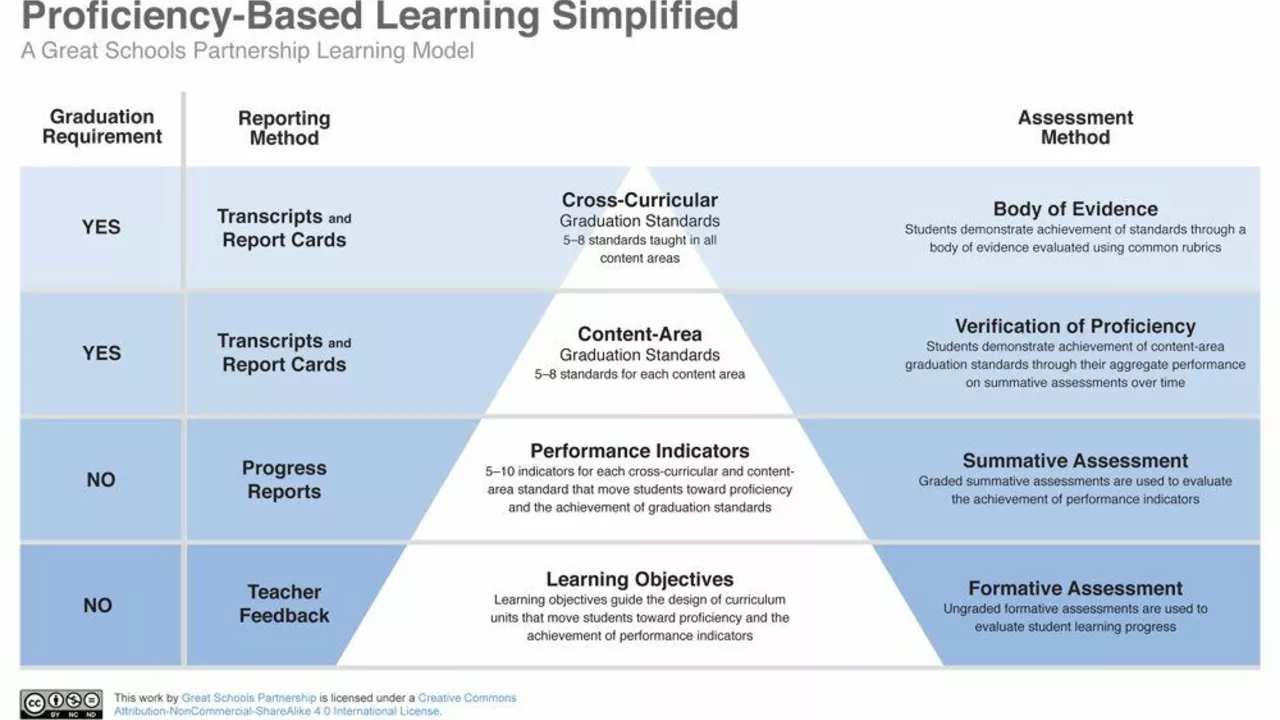The Importance of Assessing Teacher Performance
Throughout my journey as a parent, I quickly grasped that selecting the right school for Elwood and Hermione was just the beginning. The genuine test was ensuring that their educators met the desired standards, making teacher evaluation systems invaluable. Laden with insightful data, these systems shed light on the profound influence teachers exert on a student's academic journey. By providing a detailed portrayal of a teacher's capabilities, these systems are pivotal for refining teaching methodologies. Their immense potential has been recognized globally, making them a harbinger of constructive transformations in educational systems.
Fundamentally, teacher evaluations should encompass diverse criteria like lesson orchestration, classroom dynamics, the efficacy of instruction, and monitoring student progress. This holistic approach not only bolsters student outcomes but also pinpoints areas where teachers can enhance their skills. Their true essence lies in their capability to mold teaching strategies. And truth be told, they've been instrumental for me to monitor and "help with my homework" in understanding the classroom dynamics my children experience.
Understanding the Concept of Merit Pay
Are you familiar with 'Merit Pay'? As a fervent supporter of education, my partner, Sabrina, who was once at the teaching forefront, acquainted me with this notion. In essence, merit pay rewards educators grounded in their students' scholastic achievements. This approach invigorates the teaching spirit, setting the stage for improved student performance. It's akin to vying for the pinnacle in a marathon, with teachers replacing athletic trainers, and academic pursuits taking the place of physical feats.
But merit pay isn’t merely a motivational tool. It's a testament to outstanding teaching practices. After all, educators are the foundational pillars of our educational paradigm, and celebrating their dedication cultivates a positive ethos, something we fervently discuss during our family dinners - the value of recognizing diligence and perseverance.
Contrasting Teacher Evaluation and Merit Pay
In our household, it's like comparing Eddie, our spirited Boxer, to Nala, our graceful tabby. They have distinct personalities but are both integral to our family fabric. Similarly, evaluation methods and merit-based compensation serve unique purposes in education but can harmoniously coexist. The challenge is achieving equilibrium to ensure they amplify rather than impede each other.
The synergy between them can bolster their individual efficacies. Drawing a parallel to Sabrina and me joining forces during challenging parental moments, basing merit pay on a comprehensive evaluation can accentuate the merits of educators while diminishing discrepancies in remuneration, enhancing overall teacher morale and efficiency.
The Hurdles in Evaluative and Compensation Models
However, this journey isn’t devoid of obstacles. While evaluation systems can, at times, overly prioritize numerical data, sidelining aspects like teaching methods and lesson execution, an over-reliance on merit pay might incite unhealthy competition, potentially destabilizing a nurturing school ambiance.
From my perspective, we must address the potential for subjectivity and inherent biases. Sabrina's accounts of intricate school politics occasionally infiltrating these evaluations echo this sentiment. It's a delicate equilibrium that schools must strive for, reminiscent of our parenting approach oscillating between firmness and leniency.
Envisioning Tomorrow's Educational Landscape
Despite inherent challenges, the confluence of teacher evaluation systems and merit pay hints at a promising trajectory for the teaching profession. It mirrors Hermione's ardor for intricate mathematics, which was fraught with initial struggles. These methodologies signify our commitment to a transparent, competitive educational framework where accomplishments are acknowledged and rewarded.
Moreover, these structures might entice a broader talent pool towards teaching, lured by the allure of merit-driven incentives and objective assessments. This could uplift educational standards, laying a robust foundation for the next generation, including Elwood and Hermione.
Welcoming Evolution in Education
Change is often daunting. I recall the apprehension when Sabrina proposed adding Eddie to our family. Yet, with time, that change enriched our lives. Analogously, while teacher evaluation systems and merit pay might ruffle some feathers initially, their judicious adoption holds the promise of redefining education for the better.
Great endeavors take time, and perfecting these systems is no exception. Nevertheless, each stride forward nudges us closer to an educational realm that duly recognizes and rewards efforts, focusing on the paramount goal: bestowing upon our children, and children worldwide, the education they rightfully deserve. Wouldn't you agree?






